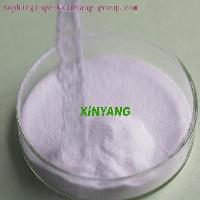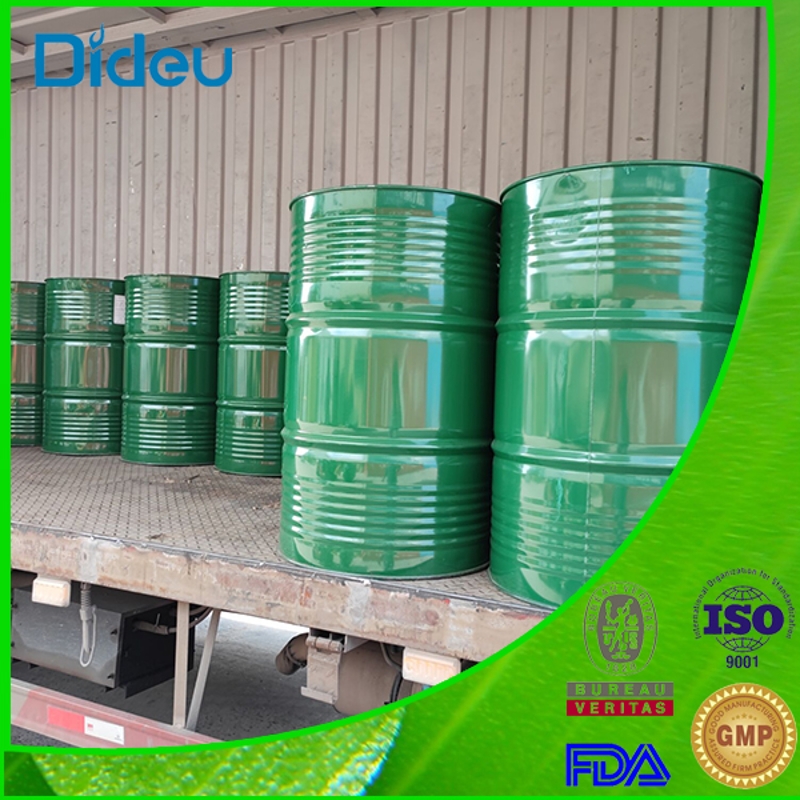-
Categories
-
Pharmaceutical Intermediates
-
Active Pharmaceutical Ingredients
-
Food Additives
- Industrial Coatings
- Agrochemicals
- Dyes and Pigments
- Surfactant
- Flavors and Fragrances
- Chemical Reagents
- Catalyst and Auxiliary
- Natural Products
- Inorganic Chemistry
-
Organic Chemistry
-
Biochemical Engineering
- Analytical Chemistry
- Cosmetic Ingredient
-
Pharmaceutical Intermediates
Promotion
ECHEMI Mall
Wholesale
Weekly Price
Exhibition
News
-
Trade Service
Potassium perfluorooctanesulfonate (PFOS) is a synthetic chemical that has been widely used in various industrial applications due to its unique properties such as low surface tension, high lubricity, and resistance to heat and corrosion.
However, there have been concerns about the safety of PFOS, especially in relation to its potential health effects on humans and the environment.
One of the main health concerns with PFOS is its toxicity.
Studies have shown that PFOS can cause liver and kidney damage in animals, and there is evidence to suggest that it may also have adverse effects on the immune system, reproductive system, and other organs.
PFOS has also been linked to cancer in some studies, although more research is needed to confirm these findings.
Another concern is the potential for PFOS to persist in the environment and accumulate in wildlife and the food chain.
PFOS is highly resistant to breaking down and can remain in the environment for a long time, leading to bioaccumulation in animals and humans.
This can result in higher levels of PFOS in the body, which may increase the risk of health effects.
The safety of PFOS has been a topic of debate in recent years, and regulatory agencies have taken different approaches in regulating its use.
In the United States, the Food and Drug Administration (FDA) has classified PFAS, including PFOS, as “likely to be carcinogenic to humans” based on limited evidence of cancer in humans and strong evidence of cancer in animals.
The Environmental Protection Agency (EPA) has also listed PFOS as a “contaminant of emerging concern” due to its persistence and bioaccumulation in the environment.
The European Union has taken a stricter approach in regulating PFOS and its related compounds.
In 2008, the European Chemicals Agency (ECHA) classified PFOS as a “substance of very high concern” due to its potential for causing serious health and environmental effects.
As a result, the use of PFOS in various applications, including firefighting foams, is being phased out in the EU.
In Australia, PFOS is listed as a “scheduled substance” under the National Greenhouse and Energy Reporting Act 2007, which requires companies to report on their emissions and discharges of PFOS.
The Australian government is also considering banning the use of PFOS and related compounds in some products.
The chemical industry has been developing alternative products to replace PFOS due to its potential health and environmental risks.
Some of these alternatives include perfluorooctane sulfonamide (FFSA) and perfluorooctanoic acid (PFOA), which have similar properties to PFOS but with reduced toxicity.
In conclusion, the safety of PFOS is a topic of ongoing debate and research.
While it has some useful industrial applications, its potential health and environmental risks have led to regulatory action in various countries.
It is important for the chemical industry to develop and use alternatives to PFOS to minimize its potential adverse effects.







